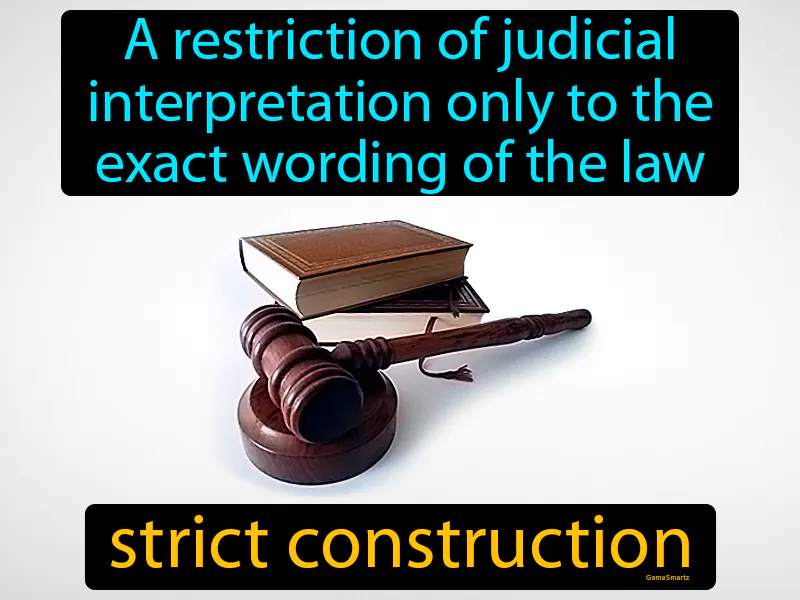Strict Construction
Strict Construction:
During the early years of the United States, from 1785 to 1805, strict construction was a legal philosophy that emphasized interpreting the Constitution exactly as it was written. This approach was significant as it responded to debates about the scope of federal power, particularly between figures like Thomas Jefferson, who supported strict construction, and Alexander Hamilton, who favored a more flexible interpretation. Strict constructionists feared that broad interpretations could lead to an overly powerful central government, which they wanted to avoid after gaining independence from Britain. Today, this concept still matters because it influences how laws are applied in courts, impacting decisions on issues like gun rights or privacy that directly affect citizens' lives. For example, if a law about privacy is interpreted strictly, it might limit the government's ability to access personal data, protecting individual privacy rights.

Practice Version

Strict Construction: A restriction of judicial interpretation only to the exact wording of the law. Strict construction. In history, strict construction refers to interpreting the U.S. Constitution based only on its text and original meaning, as favored by some early American leaders like Thomas Jefferson.
